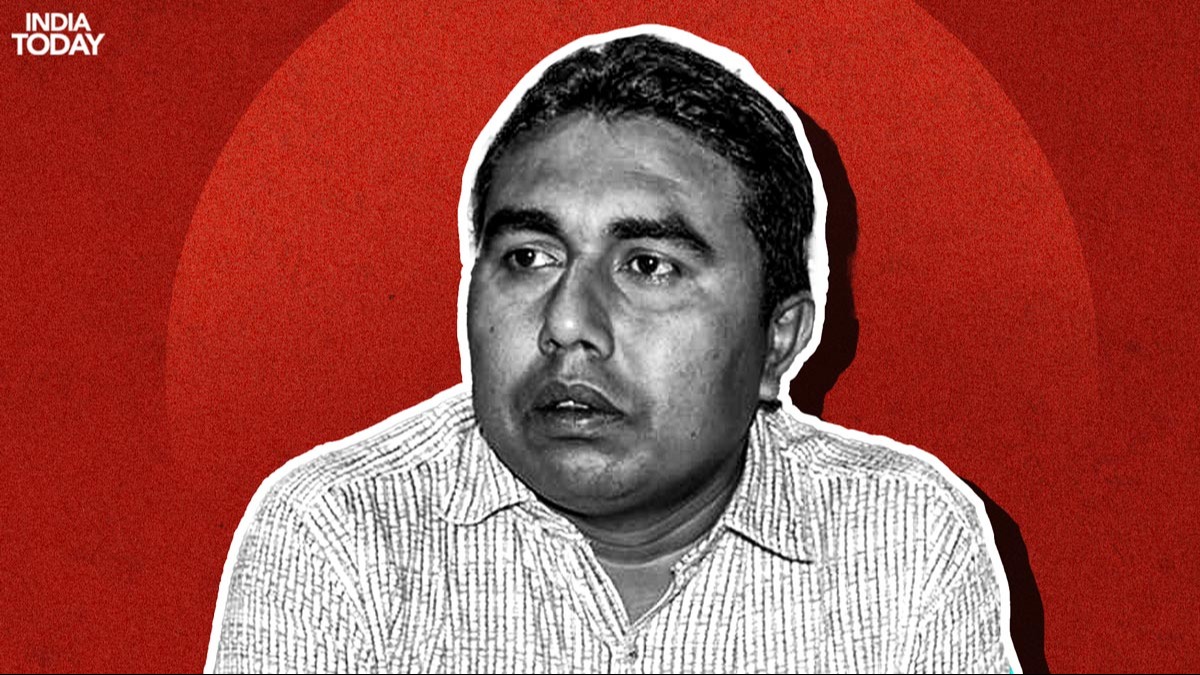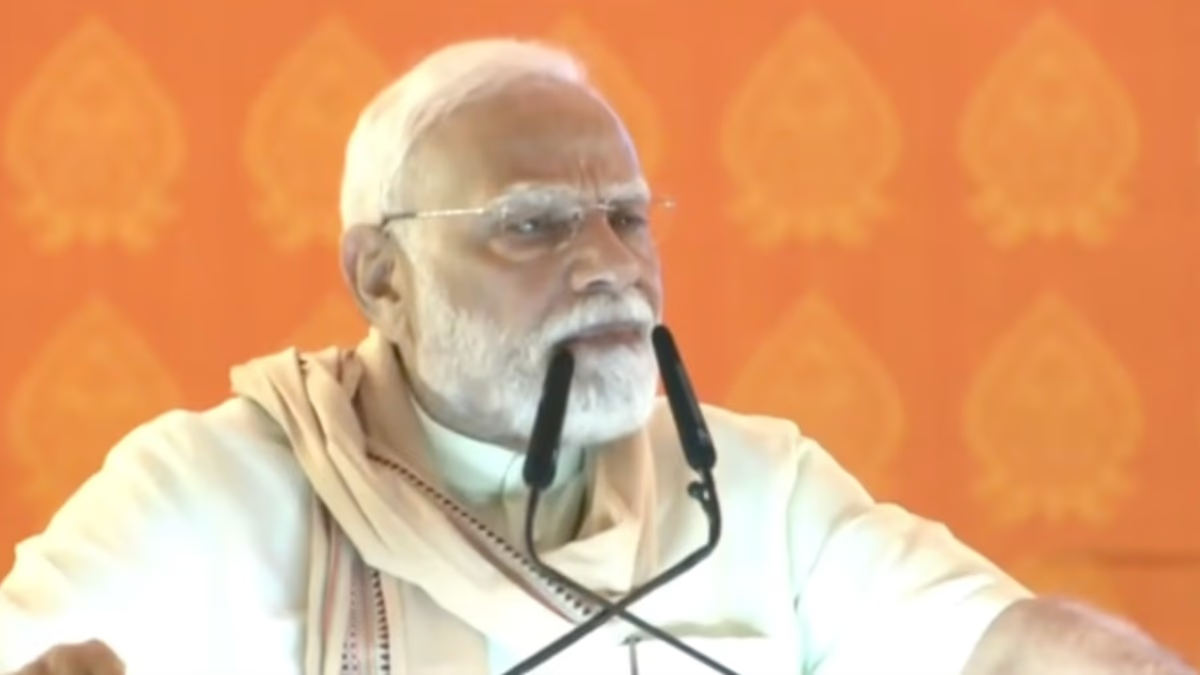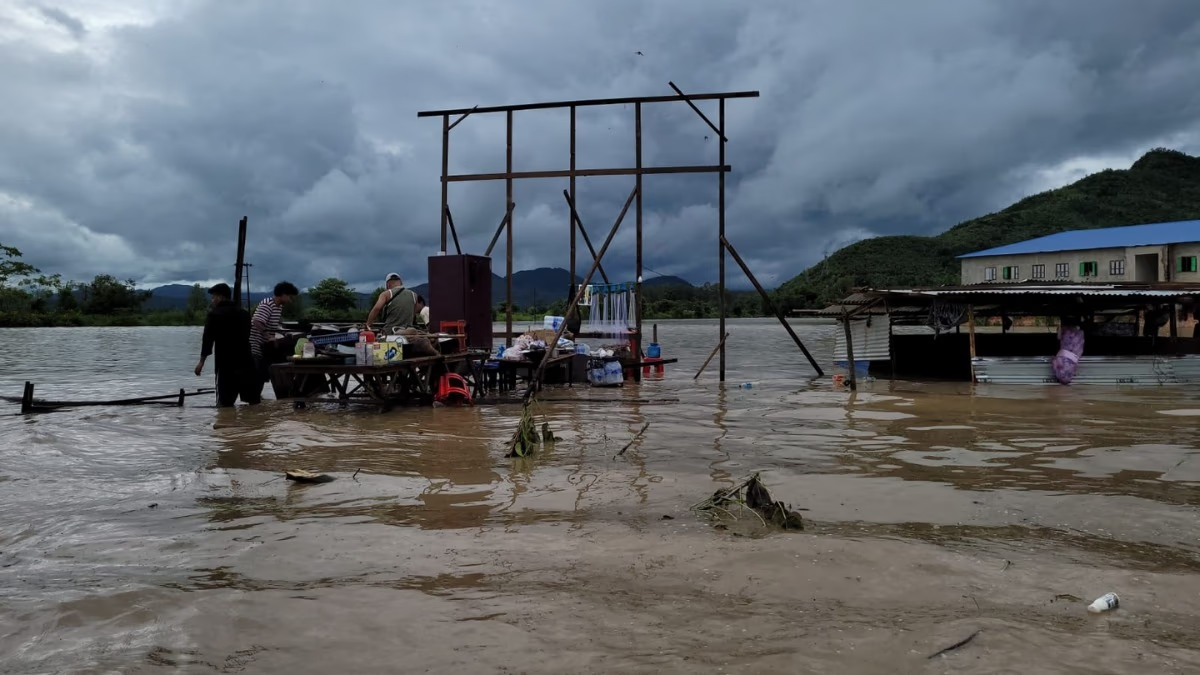In a surprise move, the Enforcement Directorate (ED) has commenced raids on the strongholds of former Trinamool Congress (TMC) leader Sheikh Shahjahan early today in West Bengal. Accompanying the ED officials are contingent troops from the central security forces. The raids target Sheikh's brick kiln in Sandeshkhali as well as his base in Dhama Khali.
The officials have arrived with a significant number of central force soldiers. So much so, that a team of female central force troops accompanied the ED officers. The raiding teams reached Sandeshkhali around 6:30 AM this morning.
It's notable that on January 5, at Sheikh Shahjahan’s residence in Akunjipara, roughly 200 locals attacked ED officers executing a raid related to a West Bengal ration scam case. Several officers were injured during the ensuing clash.
Sheikh Shahjahan Flees After the Attack
The ED claims that a massive corruption of about 10,000 crore rupees took place within West Bengal's ration distribution scandal. Initially, former minister Jyotipriya Malik was apprehended by the ED in relation to this case. Later, involvement of TMC leader Shahjahan Sheikh and former chairman of Bongaon municipality Shankar Adhya came to light. Following the violent outbreak on January 5, when ED arrived to conduct a raid at Sheikh Shahjahan's residence, they were attacked by some individuals. Sheikh fled following the attack, but was later captured and is currently in CBI custody.
'Accomplice to Jyotipriya Malik'
Indeed, after the January 5 attack, the ED team arrested former Bongaon municipality chairperson Shankar Adhya. Adhya and Sheikh Shahjahan are considered close associates of former food minister Jyotipriya Malik. Adhya is also accused in the ration scam. Previously, the central agency had scrutinized properties connected to Adhya and his family members. He was arrested from his residence at Simultala in Bongaon.
What is the Ration Scandal?
The ED revealed that approximately 30 percent of the ration meant to be distributed under the Public Distribution System (PDS) in West Bengal was illegally sold. According to the ED, the proceeds from these sales were divided among mill owners and PDS distributors. Allegedly, this entire scheme was orchestrated with the collusion of some co-operative societies. To facilitate this, mill owners opened fraudulent accounts in the names of farmers and pocketed the Minimum Support Price (MSP) money meant for farmers' produce. In reality, government agencies were supposed to purchase the grain directly from the farmers.




